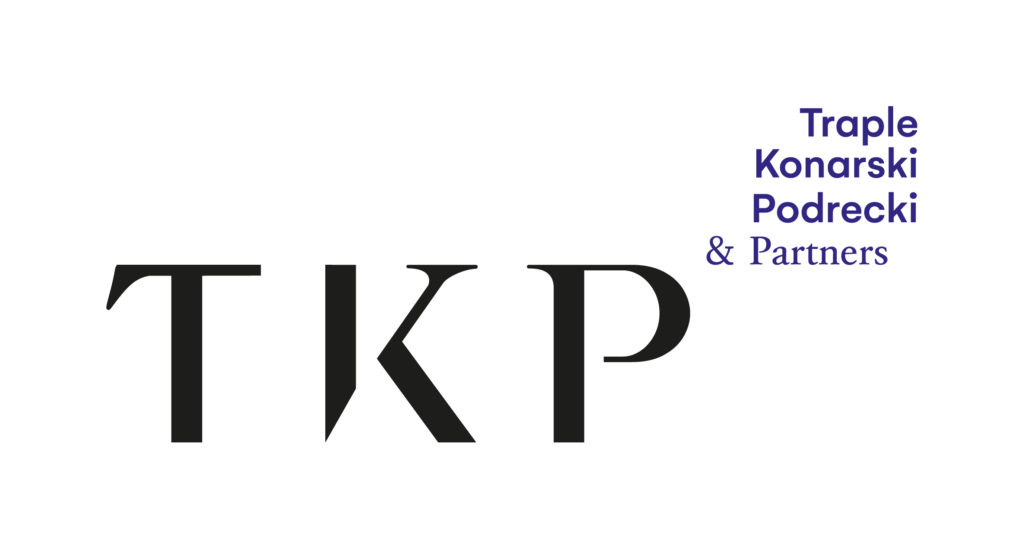Quick search
CTRL+K
Quick search
CTRL+K


Since 2010, the Global Law Experts annual awards have been celebrating excellence, innovation and performance across the legal communities from around the world.
posted 3 years ago
The Polish Ministry of Finance has produced a proposal for an amendment to the Act on Payment Services, which has been submitted for public consultations. A significant part of the proposal relates to the activities of small payment institutions (SPI) with regard to AML compliance and notification obligations towards the Polish Financial Supervision Authority.
Under the current Act on Payment Services in Poland, payment services may be provided in the form of an SPI, due to an exemption that member states can apply in their national laws under article 32 of Directive (EU) 2015/2366 of the European Parliament and of the Council (PSD2). Under article 32, member states may introduce, in their national legal systems, an additional type of payment service provider that is less stringently regulated, while certain restrictions will continue to apply to business operations of that kind, for instance:
An SPI has become a popular form of activity among firms in the FinTech sector that launch payment services. To date, more than 90 firms of this kind have been registered with the Polish Financial Supervision Authority. When the thresholds described above are exceeded, an SPI may apply for a license to provide services as a payment institution. An SPI may continue to operate until the application is reviewed, and is not required to observe the thresholds described above.
Under the legislative proposal of 11 January, 2021, SPIs will be subject to the requirement to submit to the Polish Financial Supervision Authority, when applying to be registered as a SPI, information regarding the AML compliance procedures and information concerning any other activity (hybrid small payment institution). The amendments described above are aligned with a certain shift in the approach taken by the Polish Financial Supervision Authority to entities of this kind, and with a policy of more extensive financial regulation of these entities, even during the registration proceedings.
The changes envisaged in the proposal also include further limits on transactions effected by payment service offices (firms only authorized to provide money transfer services), while for these entities, the requirements and regulatory obligations will be eased.
As part of the public consultations on the draft amendments to the Act on Payment Services, several comments and further proposals for amendments were made from both payment service providers representatives and supervisory authorities, including:
The Ministry of Finance considered some of the above proposals to be reasonable and necessary, and so it is expected that the next version of the bill will contain further changes, significant for the payment services market in Poland. According to the information received from the Ministry of Finance, the decision to hold another consultation conference has not yet been taken. The final decision in this regard will be made after the draft version of the project is developed, considering the amendment proposals from the last public consultations. Work on these amendments is expected to take about two weeks.
By Jan Byrski and Karol Juraszczyk
Author


There are no results matching your search.
Resetposted 4 hours ago
posted 16 hours ago
posted 16 hours ago
posted 4 days ago
posted 4 days ago
posted 4 days ago
posted 5 days ago
posted 5 days ago
posted 5 days ago
posted 7 days ago
There are no results matching your search.
ResetFind the right Legal Expert for your business
Sign up for the latest legal briefings and news within Global Law Experts’ community, as well as a whole host of features, editorial and conference updates direct to your email inbox.
Naturally you can unsubscribe at any time.
Global Law Experts is dedicated to providing exceptional legal services to clients around the world. With a vast network of highly skilled and experienced lawyers, we are committed to delivering innovative and tailored solutions to meet the diverse needs of our clients in various jurisdictions.